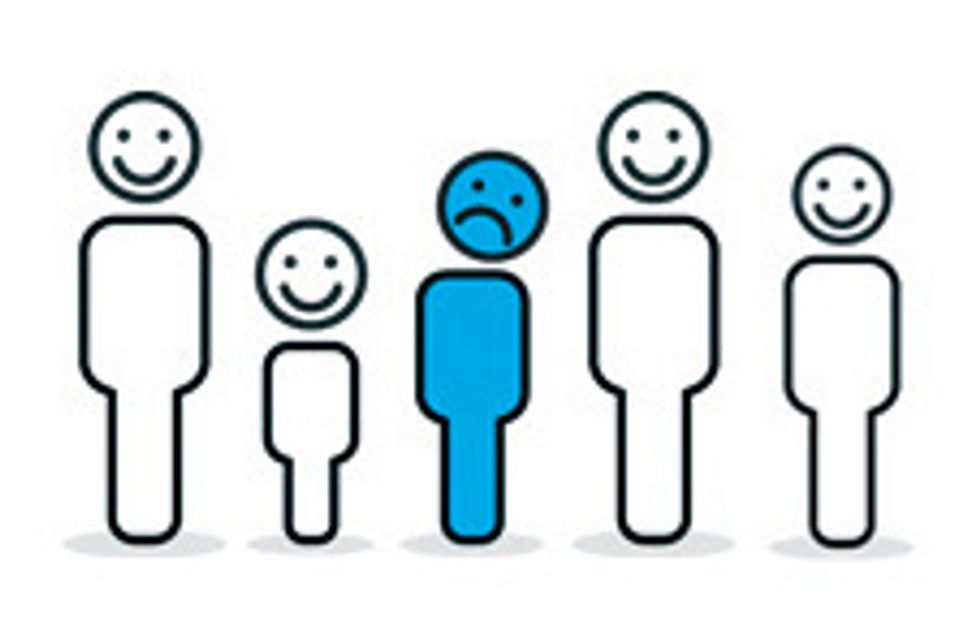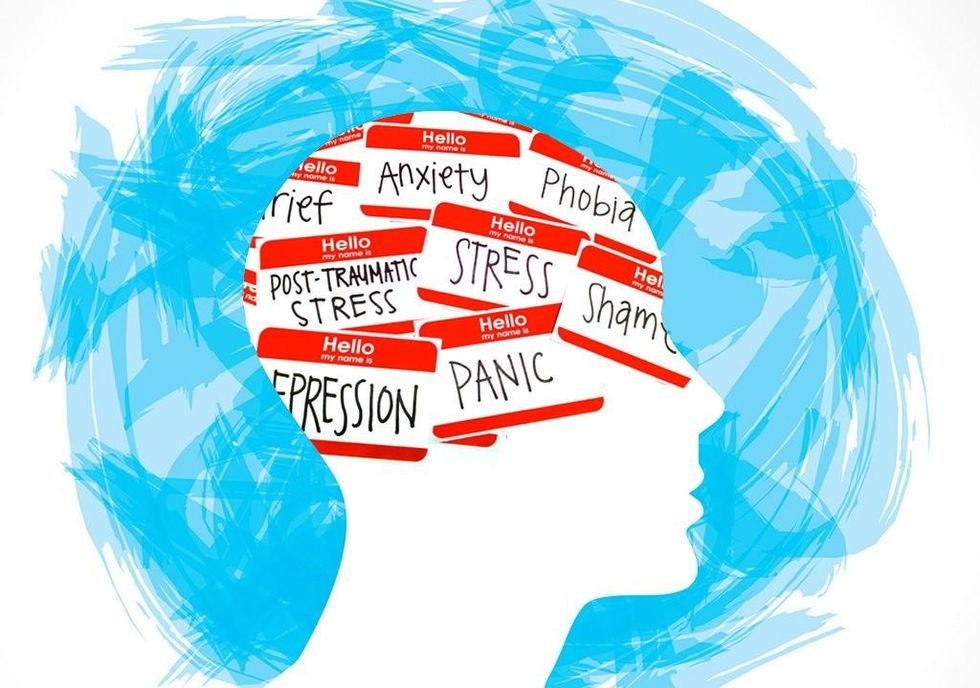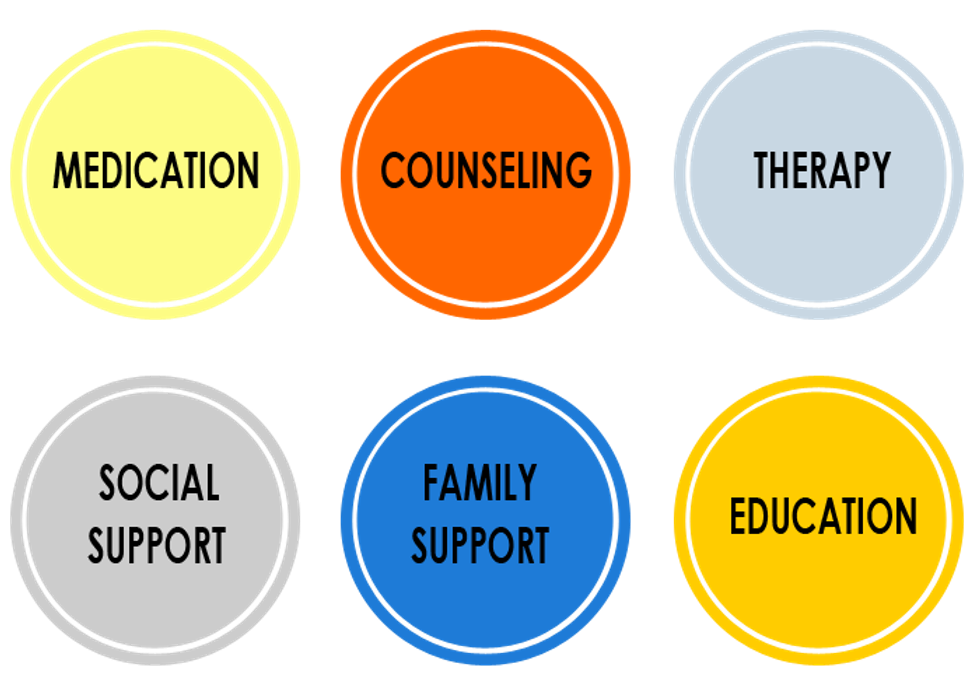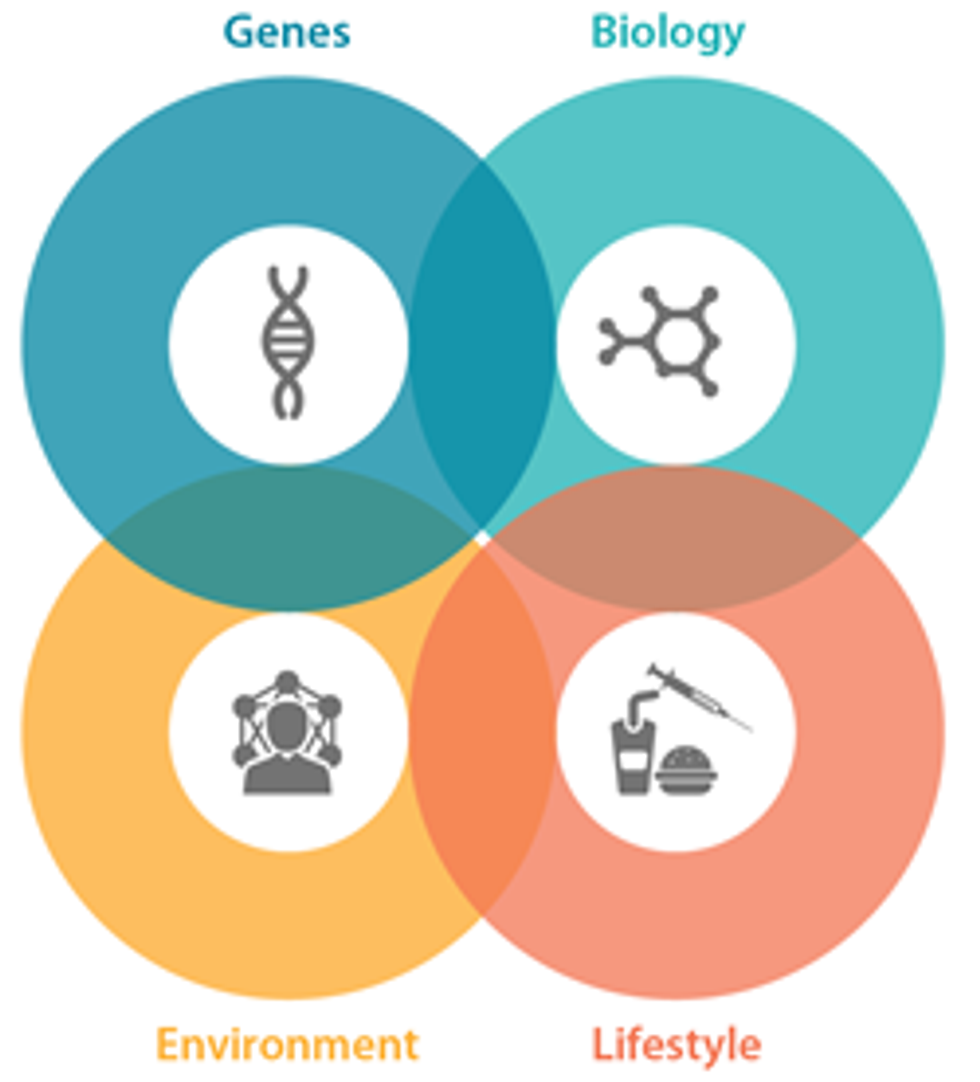Mental health is a serious subject that we need to start talking about and breaking down the stigma that comes with mental health and mental illness. I'm a strong believer that a person's mental health is just as important as someone's physical health. Here are 10 facts about mental health that you should know about.
1. Mental illness is common

https://oneinfive.com.au/
According to Mental Health, in 2014, "One in five American adults experienced a mental health issue," while, "One in 25 Americans lived with a serious mental illness, such as schizophrenia, bipolar disorder, or major depression." (Mental Health, 2014)
2. Suicide is one of the leading causes of death

https://www.bioedge.org/bioethics/is-suicide-different-from-physician-assisted-death/12771
It is the tenth overall cause of death in the United States. In 1980, there were 26,869 deaths when it came to suicide where in 2016, the number was at 44,965. (National Center for Health Statistics, 2016)
3. People with mental health problems are good employees

http://www.blufftonsun.com/good-employee-relations-foster-loyalty-growth-cms-237
It is reported that they have good attendance, punctuality, they are motivated, and they produce good work.
4. The signs and symptoms of mental illness include:

http://www.tpr.org/post/how-can-we-change-minds-about-mental-health
Feeling sad, burned out, or useless that last more than a period of two weeks. If someone has ongoing worries/fears, sudden fear/panic, physical symptoms that can't be explained (like headaches or chronic pain), lack of energy, and when they want to spend their time by themselves instead of with other people, that's a sign of a mental illness.
5. There are a lot of treatment options, services, and community support systems

https://www.findtreatmenttoday.org/mental-health
Studies show that people get better and most people recover completely. And they also show that they work in helping the patient get better.
6. There are many factors that contribute to mental health problems

http://www.mentalhealthamerica.net/b4stage4-get-informed
Biological factors (genes, illness, brain chemistry), life experiences (trauma/abuse), and mental health problems in the family are just some factors that contribute to mental health problems.
7. People around you can make a difference

https://www.everypixel.com/image-4127722291700857603
There are ways that you can help someone with mental illnesses, like being there for them and not defining them by the illness that they have. There are so many ways that you can help someone with mental illness.
8. Generally, people that have a mental illness are not violent

https://www.shutterstock.com/video/clip-20200603-group-positive-mixed-race-young-people-having
There are only a small part of those with mental illness that are violent in any way. According to USC, they state, "...only 3-5% of violent acts can be attributed to people with a serious mental illness." (USC, 2017).
9. People who are a part of the LGBTQ+ community are twice as likely to have a mental health condition than those who are not a part of the LGBTQ+ community

https://www.youngisthan.in/opinions/lgbtq-people-reveal-hide-sexuality/55808
10. By the age of fourteen, half of all mental health disorders show first signs.

http://fancycrave.com/group-of-friends-partying-on-the-beach-during-sunset/
Then by age twenty-four, three quarters of mental health disorders begin.
Remember that mental health is important. People who have mental illness are not inferior to someone who doesn't have a mental illness. Mental illnesses are different for everyone who has it.
Let's start breaking down the stigma.

















